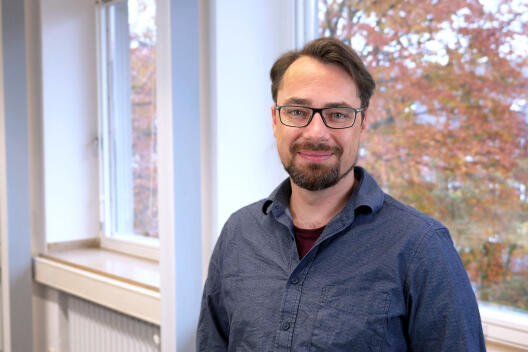Jun. Prof. Dr. Jakob Jünger
Spokesperson of Center for Digitized Public Spheres Research

Department of Communication
Room: E 222a
Bispinghof 9-14
D-48143 Münster
Tel.: +49 251 83-21273
jakob.juenger@uni-muenster.de

Department of Communication
Room: E 222a
Bispinghof 9-14
D-48143 Münster
Tel.: +49 251 83-21273
jakob.juenger@uni-muenster.de
Studied communication science, music and theoretical philosophy at the University of Greifswald and worked in Greifswald at the Institute of Political Science and Communication Studies from 2009 to 2021. PhD thesis finished in 2017 on the topic of unclear publicness, supervised by Prof. Dr. Patrick Donges and Prof. Dr. Klaus Beck. Since 2002, collaborations with diverse digital humanities projects, for example at the Göttingen Academy of Sciences (Germania Sacra, Lichtenberg Online), and with data analysis projects, for example for the Rostock State Research Institute for Agriculture and Fisheries. Principal investigator of the DFG project "When is a Like a Like?" and the interacademic project Epigraf at the Digital Academy Mainz. Since October 2021, working as junior professor for communication science with a focus on digital media and computational methods at the University of Münster.
If you are looking for ideas for your Master or Bachelor thesis, think about the following topics: